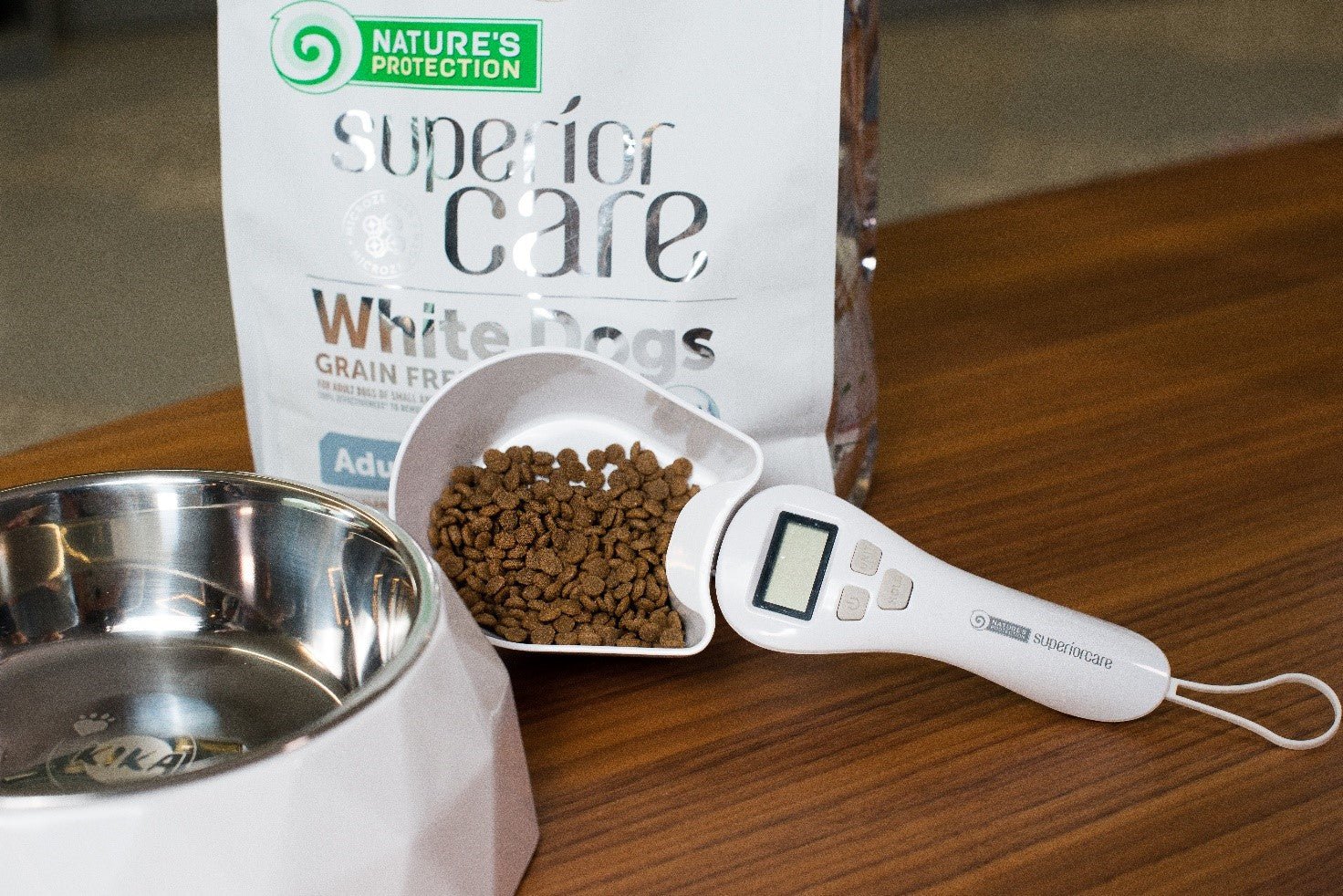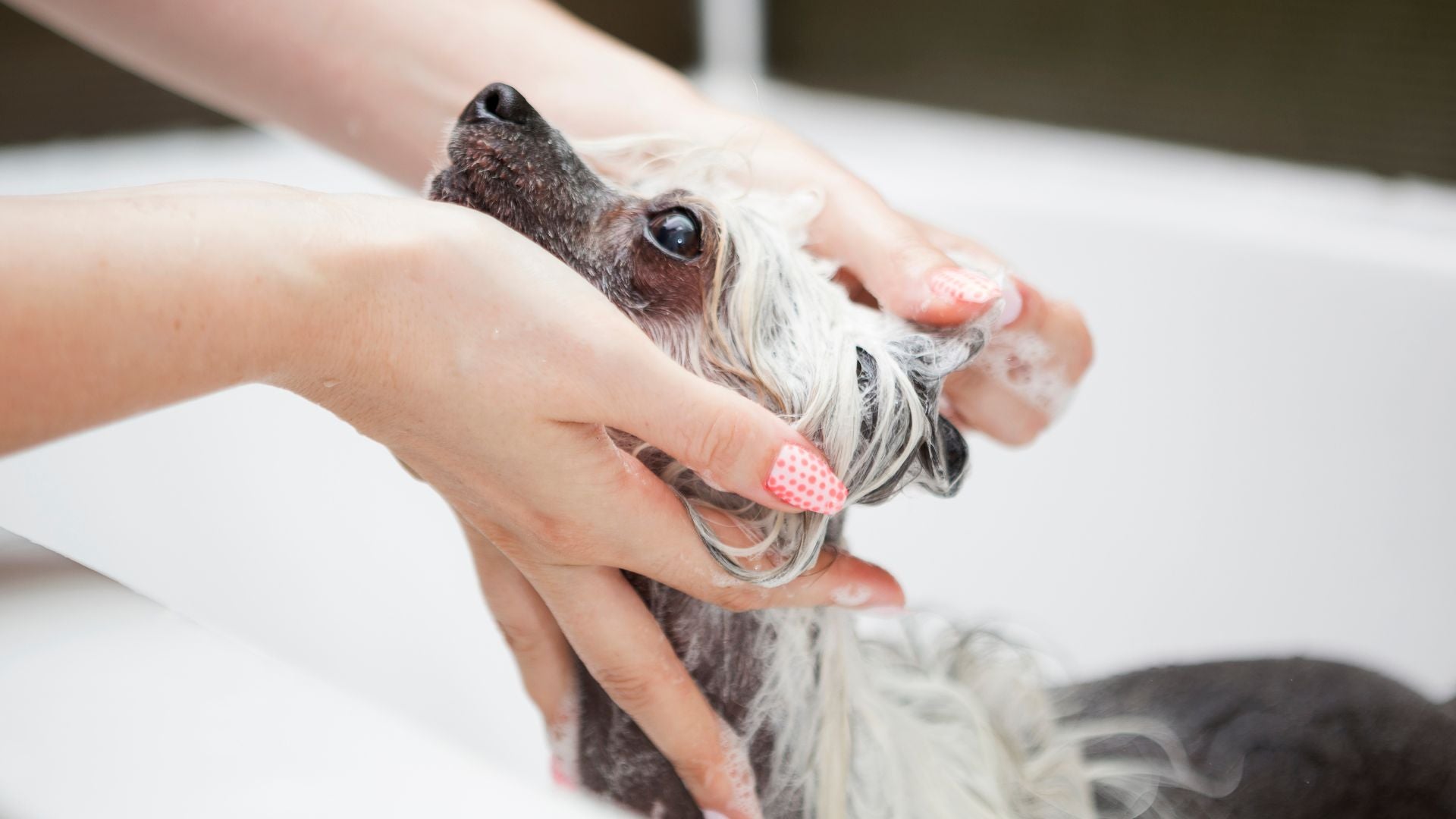The United Nations predicts that the world's population, currently at 7.6 billion, will increase to 9.8 billion by 2050, leading to a surge in demand for protein. This means that annual farm production of primary proteins must grow from 525 million tons to 790 million tons to meet the demand. The concern about feeding the growing global population has sparked interest among government agencies, scientists, and food producers in alternative protein sources, such as insect protein for dogs.
You may have come across articles on the use of insects in pet food and wonder if it is just a passing trend. However, this is part of a much larger and more complex issue, which we will explore in this article. My goal is to provide a condensed overview of the current situation and what to expect in the future. One potential solution to the shortage of meat protein is the use of insect protein as an alternative. This is a promising starting point in the quest for alternative protein sources for dogs.
You are probably wondering, "Are crickets good for dogs?" The answer is a resounding yes! Crickets are a highly nutritious and sustainable source of alternative protein for dogs. In this blog, we will discuss the reasons why alternative proteins for pet food, such as insects, offer numerous benefits of insect dog food to dogs. We will also explore the advantages of insect farming and its positive impact on the environment.
The benefits of insect farming
One of the key drivers behind the push for insect protein production is the need for more sustainable protein sources in the future. Producing meat requires a significant amount of land, water, and resources, and is a major source of carbon emissions. As pet food accounts for a quarter of the world's meat production, efforts to find alternative protein sources are increasingly focused on the pet food supply chain.
Compared to traditional livestock farming, insect farming is more efficient, sustainable, and requires less land. Insects have a short time-to-maturity and high reproduction rates, allowing for high yields of protein production. While cattle may have twice as much protein per pound as crickets, cattle require 12 times the amount of feed to produce the same amount of protein. The multipliers for sheep, chicken, and swine are 4, 2, and 2, respectively.
The Food and Agriculture Organization (FAO) of the United Nations reports that there are over 20,000 insect farmers globally, and more than 1,900 species of insects have been used as food.
The benefits of insect protein
Environmental sustainability
Insects are an environmentally friendly option as they require less land, water, and food compared to traditional protein sources. They also produce less greenhouse gas emissions and generate less waste than other animal-based protein sources. Although various types of insects are being used for human and animal consumption, the most widely used insect in pet food production globally is Black Soldier Fly Larvae (BSFL). This insect is an excellent complement to traditional meat-based protein sources, making it a valuable ingredient in complete and balanced pet food.
BSFL can consume and absorb food and water from fruits, grains, and vegetables that would otherwise go to waste. The environmental benefits of using BSFL in pet food production are significant when compared to chicken. Chicken production requires approximately 13 times more land, 7 times more water, 5.5 times more CO2 emissions, and 1.5 times more energy than Black Soldier Fly Larvae production.
|
How much protein can be produced per year in one acre? |
|
|
Beef |
192 lbs. |
|
Poultry |
265 lbs. |
|
Soy |
1,500 lbs. |
|
Algae |
7,700 lbs. |
|
Crickets |
65,000 lbs. |
|
Black Soldier Fly Larvae |
1,000,000 lbs. |
Nutritional benefits
Insects are a rich source of vitamins and minerals that are quickly and easily absorbed by the body. In fact, the body can absorb nutrients from insects faster than it can from beef or wheat. Insects are also high in antioxidants, which play an important role in protecting the body from cell damage caused by free radicals. Additionally, many edible insects are a great source of essential fatty acids, with optimal Omega 3:6 balance. Moreover, the chitin found in the exoskeleton of insects is a prebiotic fiber that serves as a food source for the "good" bacteria in the human or pet intestine, making it a valuable source of nutrition.
When making Nature’s Protection Superior Care food with insect protein, we use dried Black Soldier Fly Larvae (BSFL) meal, which contains B vitamins, iron, copper, magnesium, and zinc. BSFL protein is also an excellent source of high-quality, easily digestible protein, which is essential for building and repairing muscle tissue, supporting the immune system, and maintaining overall health.
Allergen-free protein
Insect protein is hypoallergenic, making it an excellent option for dogs with food allergies or sensitivities to traditional protein sources like beef, chicken, and pork. Hypoallergenic protein is crucial not only for dogs that have a sensitive digestive system but also when fighting brown tear stains since these stains appear due to food allergy in most cases. That’s why we only use hypoallergenic ingredients in our Nature’s Protection Superior Care dry food and treats, and insect protein is one of them.
Final thoughts
In conclusion, insect protein is a highly nutritious and sustainable form of protein that is an excellent choice for pet food. From environmental sustainability to nutritional benefits, there are numerous reasons why insect protein is becoming an increasingly popular option for pet food manufacturers. If you're looking for a high-quality, allergen-free form of protein for your furry friend, be sure to check our Nature’s Protection Superior Care food which has an insect base. Your dog will thank you for it!
Breeding dogs for more than 35 years brought me to my mission – to understand and create the best products for pets. I’m ready to share my long-tested and thoroughly created pet care system with you!
If you like this blog, subscribe to our newsletter to get more exclusive content. Register here.











